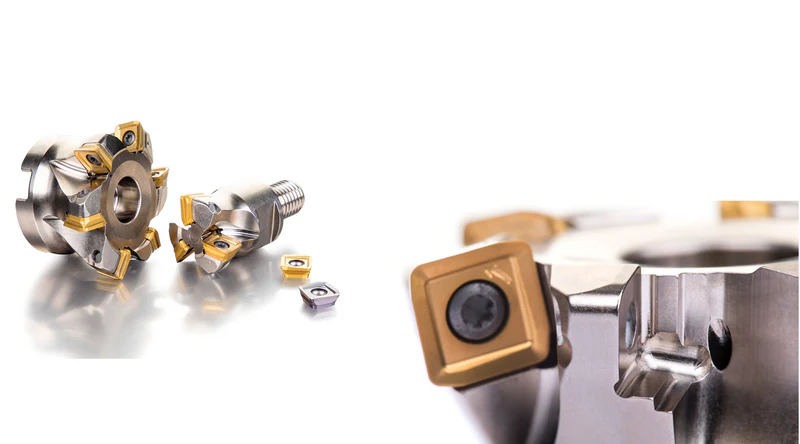In the modern manufacturing industry, maximizing productivity is crucial for staying competitive in today’s fast-paced market. One key aspect of achieving high productivity is using the right tools for the job. When it comes to precision face milling, carbide tools have become an essential choice for many manufacturers.
What are Carbide Tools?
Carbide tools are made of a combination of tungsten carbide powder and a binding agent, typically cobalt. This unique composition gives carbide tools their superior hardness, wear resistance, and heat resistance compared to traditional high-speed steel tools. As a result, carbide tools are able to maintain their cutting edge for longer periods of time, making them ideal for high-speed machining operations.
Benefits of Using Carbide Tools in Face Milling
One of the major benefits of using carbide tools in face milling is their ability to handle high cutting speeds and feeds without sacrificing tool life. This means that manufacturers can achieve higher material removal rates and reduce cycle times, ultimately maximizing productivity on the shop floor. In addition, the high wear resistance of carbide tools allows for consistent and reliable performance, reducing the need for tool changes and downtime.
Versatility of Carbide Tools
Another advantage of carbide tools is their versatility in machining different materials. Whether you are working with aluminum, steel, or exotic alloys, carbide tools can provide excellent surface finish and dimensional accuracy. This versatility allows manufacturers to streamline their tooling inventory and save costs on tooling purchases.
Cost Savings with Carbide Tools
In addition to their superior performance, carbide tools also offer cost savings in the long run. While carbide tools may have a higher upfront cost compared to traditional high-speed steel tools, their extended tool life and improved cutting performance more than make up for the initial investment. By using carbide tools, manufacturers can reduce tooling costs, increase machine uptime, and improve overall production efficiency.

Maintenance and Regrinding of Carbide Tools
Moreover, carbide tools are easy to maintain and regrind, further extending their lifespan and reducing the overall cost of tool ownership. With proper care and maintenance, carbide tools can last significantly longer than traditional tooling options, providing long-term value for manufacturers.
Conclusion
In conclusion, carbide tools have become indispensable in modern manufacturing for their superior performance, versatility, and cost-effectiveness. By choosing carbide tools for precision face milling operations, manufacturers can maximize productivity, achieve high material removal rates, and improve overall machining efficiency. With their exceptional hardness and wear resistance, carbide tools are a reliable choice for any machining application, helping manufacturers stay competitive in today’s demanding market.
